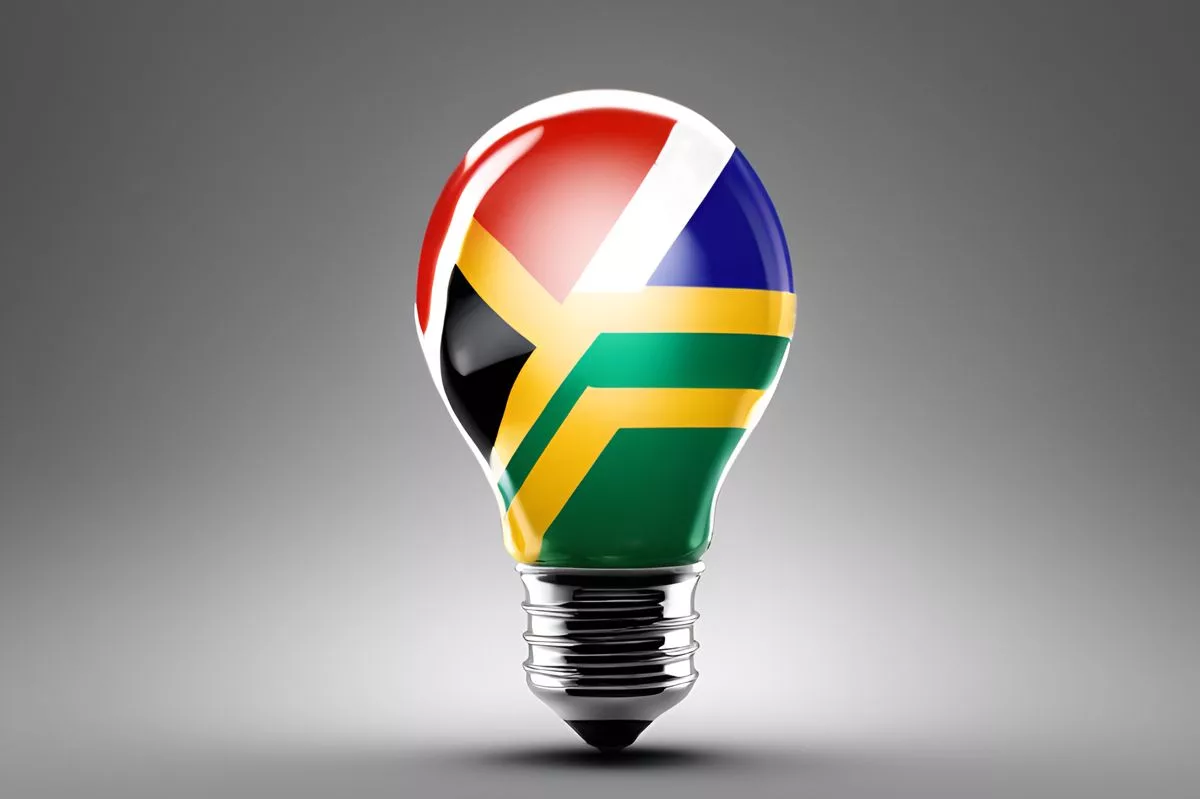The Government Communications and Information System (GCIS) is a critical body at the center of South Africa’s democracy, disseminating government messages while gathering public opinions to cultivate the country’s developmental strategy. The GCIS is a constant reminder that the government operates as a system requiring an inclusive and comprehensive communication methodology to successfully push a developmental agenda. The government’s commitment to enhancing communication and information systems is evident in the 2024/25 budget allocation for Brand SA and MDDA.
What is GCIS and its significance in South Africa’s democracy?
GCIS, or Government Communications and Information System, is a crucial body at the center of South Africa’s democratic structure. It disseminates the government’s messages while gathering public opinions to cultivate the country’s developmental strategy. GCIS plays an essential role in emphasizing the significance of communication in South Africa’s democratic development.
The Foundation of South Africa’s Democratic System: GCIS
Situated at the center of South Africa’s democratic structure is a critical body, the Government Communications and Information System (GCIS). The Deputy Minister in the Presidency, Mr. Kenny Morolong, recently emphasized the significance of this body during the GCIS Budget Vote on 12th July 2024.
This interaction took place within a thriving democracy that flourishes on the debate of concepts, highlighting the progress achieved over the past 30 years. The consistent fight against societal barriers like tribalism, ignorance, illiteracy was underscored, a battle that persists even as we commemorate three decades of liberty and democracy.
The GCIS acts as a lighthouse in this ongoing battle, disseminating government’s messages while gathering public opinions to cultivate the country’s developmental strategy. Essentially, the GCIS acts as a constant reminder that the government operates as a system requiring an inclusive and comprehensive communication methodology to successfully push a developmental agenda.
The Road Ahead: The 7th Government and the Ongoing Battle
Looking ahead to the coming five years of the 7th Government, we are reminded by the words of Samora Machel, “Aluta Continua”, that the battle remains. This fight involves challenging divisive identity politics and misinformation aimed at instigating unrest and utter disregard for law and order.
The birth of the GCIS was a result of the democratic necessity for freedom of information. Its establishment marked a pivotal move towards creating a thriving society. By furnishing citizens with vital information, the GCIS consistently confronts the issues that trouble South African society.
In the commemoration of 30 years of liberty and democracy, the Ministry in The Presidency introduced the Budget Vote for the GCIS. As an element of this, Minister Ntshavheni urged the GCIS to partake in public campaigns to celebrate the accomplishments of our democratically elected governments.
Celebrating Brand South Africa and Community Participation
Brand South Africa was launched by the first democratically elected government in 1994 to transform the nation’s image and brand in line with the new society we continuously strive to build. Its mission involves uniting South Africans towards greater social cohesion, marketing the country as a desirable location for investment, commerce, tourism, and education, and enhancing our global appeal and competitiveness.
Despite the media industry’s monopolization and the stifling of black voices during the apartheid period, structures like the MDDA were formed to endorse the growth of community media. This move has facilitated grassroots communities to express their issues and actively engage in our democracy, hence portraying the diversity of our nation.
Commitment to Communication Improvement: The 2024/25 Budget
The budget allocation for the 2024/25 fiscal year – R186,716,000 for Brand SA and R38,568,000 for MDDA – stands as a testament to the government’s dedication to the continuous enhancement of its communication and information system. As the former GCIS CEO, Mr. Joel Netshitendze, stressed, a nation without national consensus is comparable to a house destined to crumble on the wavering sands of illusion.
This realization underscores that the bolstering and diversification of our communication channels are not just mere administrative duties. Instead, they symbolize our communal march towards a more inclusive, educated, and participatory democracy – a march that respects the principles of our ancestors and shapes the path for future generations.
Indeed, the battle continues, and as we traverse through it, we bear in mind that every move made is a move towards equality. So, we reiterate the words of Samora Machel, “Aluta Continua”, accepting that the struggle lingers, but also acknowledging our dedication and tenacity in the face of it. Ke a leboga!
1. What is GCIS, and why is it significant in South Africa’s democracy?
GCIS, or Government Communications and Information System, is a crucial body at the center of South Africa’s democratic structure. It disseminates the government’s messages while gathering public opinions to cultivate the country’s developmental strategy. GCIS plays an essential role in emphasizing the significance of communication in South Africa’s democratic development.
2. What is the role of Brand SA and MDDA in South Africa’s communication and information system?
Brand South Africa was launched by the first democratically elected government in 1994 to transform the nation’s image and brand in line with the new society we continuously strive to build. MDDA, or Media Development and Diversity Agency, is a structure formed to endorse the growth of community media, facilitating grassroots communities to express their issues and actively engage in our democracy, hence portraying the diversity of our nation.
3. How does the GCIS budget allocation for Brand SA and MDDA reflect the government’s commitment to enhancing communication and information systems?
The budget allocation for the 2024/25 fiscal year – R186,716,000 for Brand SA and R38,568,000 for MDDA – stands as a testament to the government’s dedication to the continuous enhancement of its communication and information system.
4. What is the ongoing battle in South Africa’s democracy and how does GCIS contribute towards it?
The ongoing battle involves challenging divisive identity politics and misinformation aimed at instigating unrest and utter disregard for law and order. The GCIS acts as a lighthouse in this ongoing battle, disseminating government’s messages while gathering public opinions to cultivate the country’s developmental strategy.
5. What is the significance of community participation in South Africa’s democracy?
Community participation is instrumental in portraying the diversity of our nation and facilitating grassroots communities to express their issues and actively engage in our democracy. MDDA is a structure formed to endorse the growth of community media, enabling community participation.
6. What is the significance of communication improvement in South Africa’s democracy?
The improvement and diversification of communication channels symbolize our communal march towards a more inclusive, educated, and participatory democracy. It is a step towards shaping the path for future generations and respecting the principles of our ancestors.












